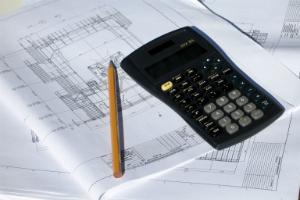 Technical consultancy in the air conditioning and refrigeration sector plays a fundamental role in the development of projects. Let's get to know our columnist's experience in this regard.
by Camilo Botero*
Technical consultancy in the air conditioning and refrigeration sector plays a fundamental role in the development of projects. Let's get to know our columnist's experience in this regard.
by Camilo Botero*
At the suggestion of the Editor of ACR Latin America, Duván Chaverra, whom I went to give me topics on which to make this column with the aim of not repeating myself and avoid falling into what I call "Consumerism" (With his same story) and this one arose that I found interesting and a challenge, because it made me think about what I do, in the how, why and why of the work of the Technical Consultancy for Air Conditioning (in my specific case) and Refrigeration for those who are dedicated to this important area of our guild.
During the ASHRAE Winter Meeting in San Francisco in 1998, I purchased from the ASHRAE bookstore, the book: Inside The Technical Consulting Business by Harvey Kaye, which is in its third edition. This has been my bedside book on this topic of thermal engineering consulting, for more than 15 years, also fortunately for me, the author is a mechanical engineer with an emphasis on thermal engineering like me and the vast majority of examples in the book had to do with my work.
The text emphasizes the knowledge and experience that each engineer has acquired through his training and his work and describes it as a unique and non-transferable asset for his consulting business.
He also talks about the preparation and maturity that a consultant must have and insists that technical skills are only half of consulting, the other half is made up of how to make the transition from highly specialized employee to successful consultant, the technical challenges of consulting, how to define your niche market and do it successfully, of the consulting sales visits, how to prepare the offers and how to write technical contracts, the rates you should charge, how you should project your image and deal with the client, how to finance yourself, define the type of company: single-person, limited, corporate etc; office needs, business cards, a promotional brochure, how to present your resume, etc.
Among the points I found in the book that give an idea of the detail and even the triviality of some topics, describe how the consultant should be dressed, for example if he is going to deal with the maintenance engineer who is in overalls, perhaps going in shirt and pants is enough to be able to visit the plant, but if you are going to deal with the president of the company to which you will offer your services, you must go in a coat and tie and "very well put".
Kaye talks about the technical challenges of consulting: "Be a surfer in the Wave of Knowledge", that is, being aware of the most advanced in the industry all the time, being efficient in handling information and organizing to maximize productivity. Says a good friend of mine, a highly successful engineer: "What you have to sell as a consultant is Knowledge and Trust, which is represented in time, which must be billable."
The consultant must be a professional with an ethics to the test, be transparent in his work, adequately charge his work and for this there are engineering fees of consultation with great detail, according to the complexity, value, impact on people and capital of a certain project. It should refrain, as a matter of principle, from receiving commissions from manufacturers and marketers of equipment and parts, as this gives it complete independence in its technical-economic decisions, with respect to the project.
As for education, you must be a permanent student of everything that is happening in your business and as you are privileged in society having received the benefit of the particular knowledge you have, you have an obligation to share it through formal classes in universities, courses in the guilds, diplomas, master's degrees, translation of books and standards, writing articles, technical guides and texts. At a conference I attended in a factory in Canada, the exhibitor said a nice phrase that I try as much as possible to apply it to myself: "My knowledge is your knowledge."
The consultant must rely on good engineering practices, standards and technical regulations, in addition to mandatory codes. It should be strongly involved in the review and development of the relevant technical standards for the time being, taking into account available technology and existing legislation.
Another of the fundamental tasks of the consultant is to create certification programs for professionals at all levels of both engineers and technicians and to promote certification of equipment that is produced nationally so that they can compete in good shape with import equipment.
The consultant must be a regular participant in all the associations that have to do with his activity (in Colombia for example ACAIRE, ACIEM, in Latin America the FAIAR, in the USA and internationally ASHRAE and in Europe for example ATECYR) and contribute all his knowledge and experience to what I call the virtuous circle of air conditioning and refrigeration: Training, Standardization, Certification.
Issues such as the Roundtable, proposed by the current president of ACAIRE, Ing Rodrigo Pinzón, should be of his total concern, because the consultant must be a generator of opinion in the guild and why not say it, an example to follow. In Colombia, through ACAIRE, work is being done to achieve the ICAIRE, the Colombian Institute of Air Conditioning and Refrigeration, which deals strategically with the aforementioned topics: Ethics, Corporate Social Responsibility and Knowledge Management.
As for his work, specifically, I bring up aspects taken from RITE COLOMBIA regarding Design (sic), which is mandatory for projects of more than 20 TR. In addition, in general, the functions of Consultant, Manufacturer, Contractor must be separated, which is difficult in our markets and culture, but considerable progress has been made on this issue:
Article 15. Design Project
15.1 - When the Design Project is required, it must be prepared and signed by the certified Mechanical or Electromechanical Engineer, with current professional registration. The designer will be responsible for adapting it to the requirements of the RITE and any other regulations or regulations that may be applicable to the planned installation.
15.2 - The Design Project of the thermal installation will be developed in the form of one or more specific design projects, or integrated into the General Design Project of the building. Where the authors of the specific design projects are different from the author of the General Design Project, they must act in coordination with the author.
15.3 - The Design Project will describe the thermal installation in its entirety, its general characteristics and the form of execution of the same, in sufficient detail so that it can be evaluated and interpreted unequivocally during its execution. The following information will be included in the Design Project:
a) Justification that the proposed solutions meet the requirements of thermal well-being and hygiene, energy efficiency and safety of the RITE, and other applicable regulations.
b) The minimum technical characteristics that must be met by the equipment and materials that make up the projected installation, as well as its conditions of supply and execution, the quality guarantees and the control of reception on site to be carried out;
(c) The verifications and tests to be carried out in order to carry out the control of the execution of the installation and the control of the completed installation;
d) The instructions for use and maintenance in accordance with the specific characteristics of the installation, through the elaboration of a "Manual of Use and Maintenance" that will contain the instructions of safety, handling and maneuvering, as well as the programs of operation, preventive maintenance and energy management of the projected installation, in accordance with IT 3.
e) The technical specifications of the Design Project with the particular control conditions for the reception of the equipment and materials of the thermal installations.
15.4 - To extend an approval of a Design Project, the Certifying Company will verify that the provisions of section 15.3 of this Article are complied with. The bodies that, mandatorily, approve the Design Projects, will also verify that what is outlined in this section complies with this regulation.
RITE Colombia also speaks of a minor project, which can be consulted in Article 16 of the same.
I hope with this article I have presented the importance of Technical Consulting for the guild.





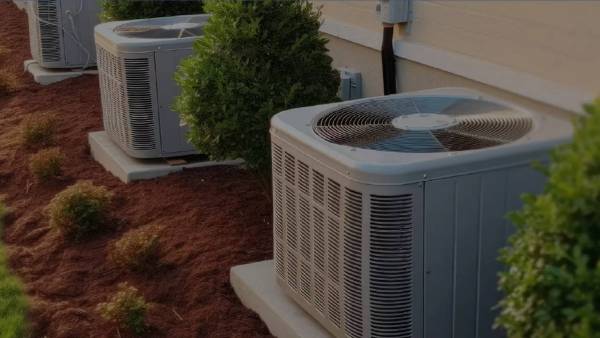





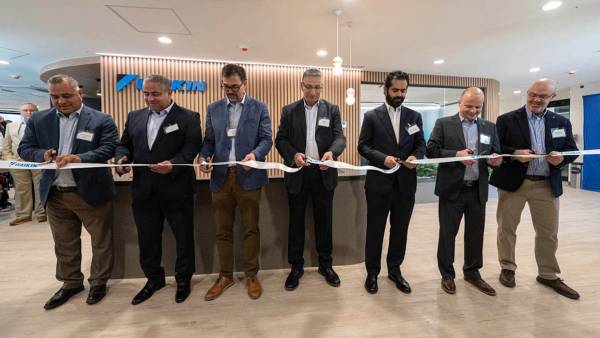

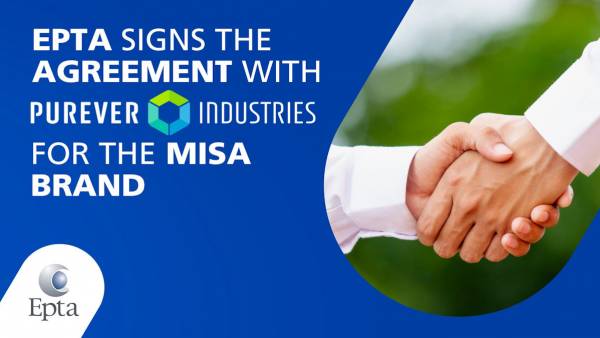
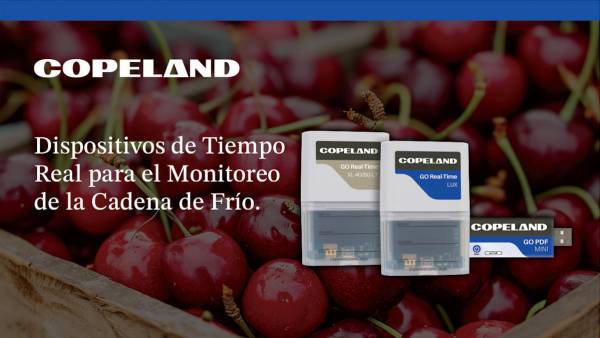
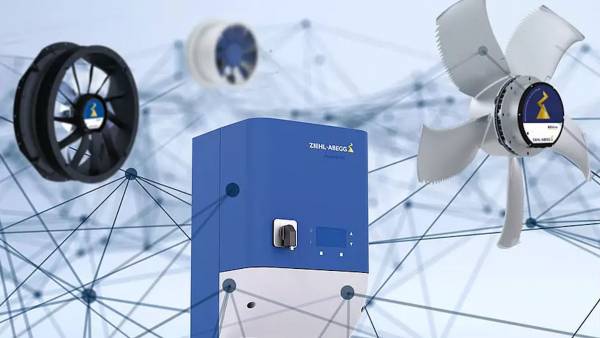








Leave your comment